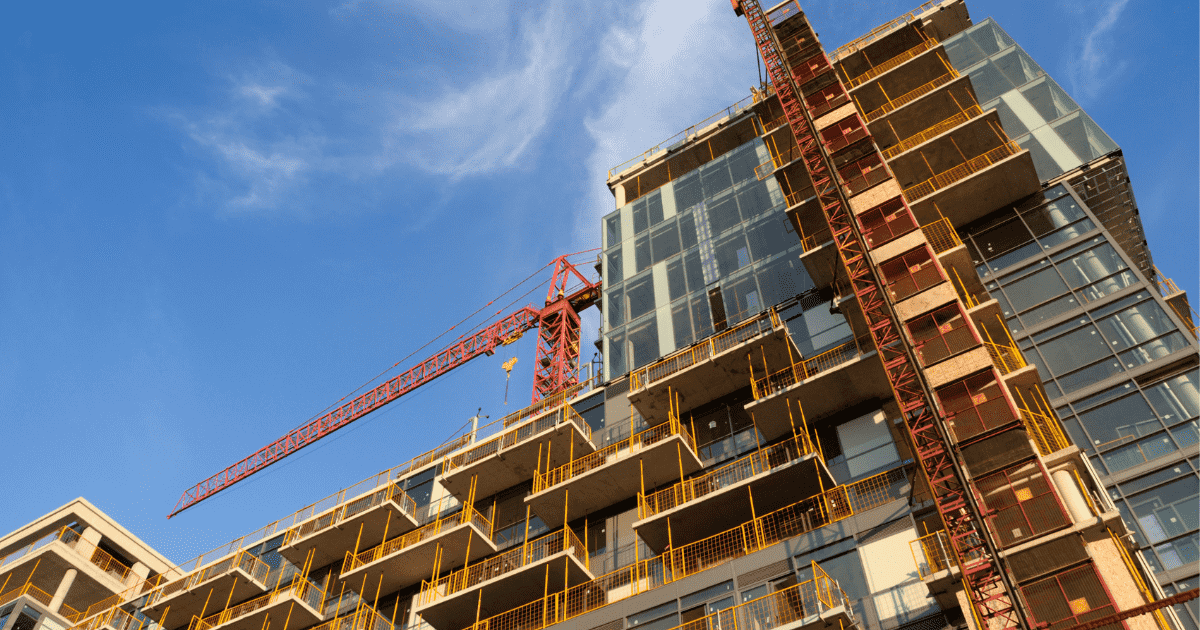I finally received a reply from the AGI Unit of the Landlord and Tenant Board (LTB) in Ontario on February 02, 2022, after receiving no reply to seven emails between November 2021 and February 2022, regarding an Above Guideline Increase (AGI) that I filed on December 28, 2020 (1.25 years).
Part of the reply was, “We are currently working to resolve 2018 and 2019 year files, prior to moving forward with 2020 and 2021 year files …”
Politicians in Ontario built into the Residential Tenancies Act (RTA) the requirement that every Ontario municipality must write a letter to every tenant in an affected rental property when their building’s property tax has decreased. The letter typically states that the tenant is entitled to a decrease in their rent, what percentage amount that should be, and that the tenant does not need the approval of the landlord to deduct that amount from the rent. The date of the rent deduction is typically 60 to 90 days from the date the letter was sent.
However, municipalities never send a letter to tenants to advise them that their rent might increase when property taxes increase. In fact, they don’t even tell landlords. Municipalities just send landlords the new bill with the increased amount.
Government effectively sets up residential landlords to take the full brunt of a tenant’s ire by forcing landlords to apply to the LTB to increase each tenant’s rent above the annual guideline. This application makes it appear that the landlord is the culprit behind the tenant’s rent increase when it’s really the municipality.
Many Ontario municipalities charge tenants two to 2.5 times more property tax than comparable single-family homeowners. How often do you hear from tenant advocates or the media about this incredible abuse that drives up housing unaffordability, especially for all the vulnerable tenants living in private-sector housing?
The arcane AGI process severely negatively impacts the tenant-landlord relationship and feeds the hysteria and misperception that landlords are greedy and immoral. Meanwhile, landlords must wait three years or more without any benefit to recover money that landlords were legislatively forced to loan to tenants so that the government was paid in full and on time.
Well gosh golly gee wiz … isn’t that what residential landlords are asking for too? To be paid in full and on time, and for tenants to respect the property and their neighbours? I’d argue that 85 per cent of all conflict that arises between tenants and landlords can be categorized under one of those two criteria.
Regional landlord associations continue to deliberately refuse to create a unified provincial voice to speak out against the outrageous practices against small and medium landlords who have suffered for decades under the oppressive, brutal and persecutorial whims and practices meted out by all levels of government. If there was ever a textbook case of divide and conquer, residential landlords would meet all the criteria and more.
Let’s briefly review the last two years of targeted governmental actions against landlords:
- Three moratoriums on non-rent-payment evictions in one year
- Zero per cent rent increase (costing $2.5 billion in lost equity in one year)
- 10- to 12-month rent-free eviction processes
- Capped 2.5 per cent annual increase (supposedly tied to CPI) despite four per cent plus inflation
- three- to four-year AGI hearing process
- 55 per cent increase in electricity in one year
- 30 to 100 per cent “war profiteering” insurance premium increases
- property tax increases, speculators tax, vacancy tax, contemplated renovation tax all add to housing unaffordability
- Unused $5.5 billion available municipal contribution-in-lieu funds
- Escalated bylaw enforcement officer “fundraisers”
- Massive increases in fine amounts of various legislation (such as the fire code)
- CMHC’s removal of equity extraction for non-property-related purposes (such as retirement income)
- Still no damage deposit, which has empowered tenants to damage and destroy rental properties with impunity
- Still no late rent fee despite every financial institution and government agency charging late fees
- 50 per cent passive income tax while large-scale landlords pay 13 per cent corporate tax (if that)
- I have 10 bulleted pages of abuses
While there may have been some minor legal process modifications, I’ve not seen any change in legislation that reversed any of the many bad policies and laws that continue to discourage residential rental and purchase housing construction, especially the “missing middle.”
It is not a coincidence that Ontario has the lowest housing per capita in Canada, and of all the G7 countries. Scotiabank recently reported that Ontario needs 650,000 homes … instantly … just to be on par with the rest of Canada.
Robert F. Kennedy, former United States Attorney General, once said, “Every society gets the kind of criminal it deserves. What is equally true is that every community gets the kind of law enforcement it insists on.”
To politicians, tenants, media and even landlord associations, step back from short sighted self-interests and ask yourself just one question. Why would anyone want to invest in building any kind of housing in this province once they’ve learned the full extent of the immense financial and legal risks one must shoulder, the suffering they will undergo because of persecutorial practices by government and others, and then be denied the justice that every citizen is otherwise entitled to?
You can voice your concern with the LTB: TO-TDO.Feedback@ontario.ca
Chris Seepe spent 35+ years in I.T. before entering commercial real estate a decade ago. He’s a published writer and author of two books on “landlording,” course instructor, president of the Landlords Association of Durham, and a commercial real estate broker of record at Aztech Realty in Toronto, specializing in income-generating and multi-residential investment properties. Call (416) 525-1558, or send him an email.















